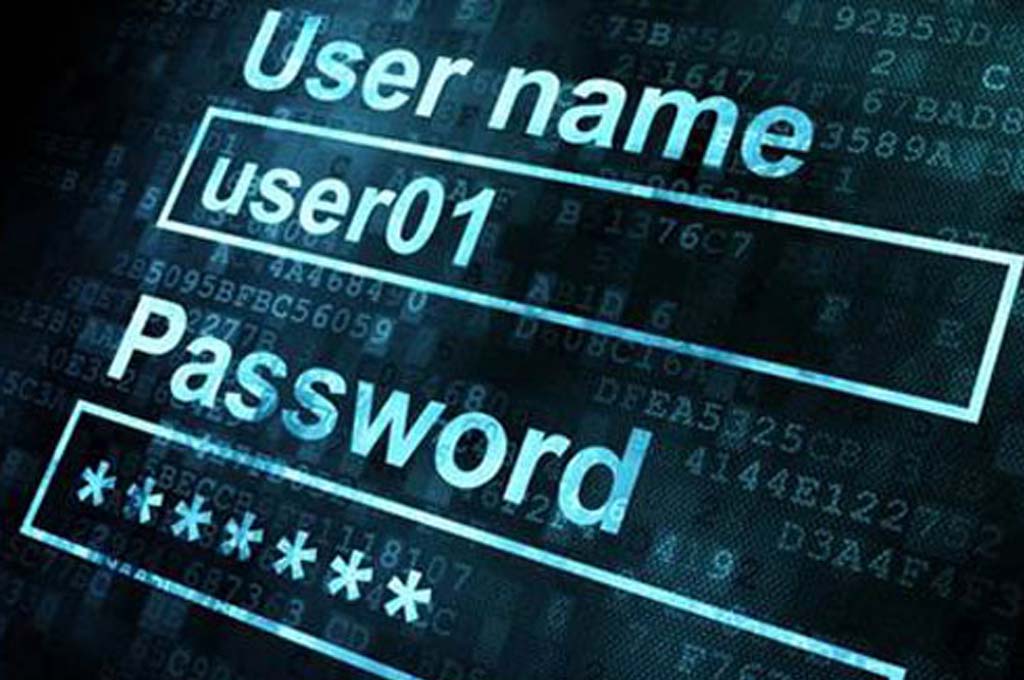Our products and services are driven by market and customer needs. Through constant client interaction, we gain firsthand user needs and experience and integrate these insights and requirements into our product and service development and delivery. Built from proven methodologies, we supply cutting edge solutions that span our areas of expertise, covering various knowledge transfer and productivity tools, community building media and certification services.

Business Continuity Management is a holistic management process that identifies potential impacts that threaten an organization and provides a framework for building resilience and the capability for an effective response that safeguards the interests of its key stakeholders, reputation, brand and value creating activities.
Continued operations in the event of a disruption, whether due to a major disaster or a minor incident, are a fundamental requirement for any organization. ISO 22301, the world’s first International standard for business continuity management (BCM), has been developed to help you minimize the risk of such disruptions. It provides a basis for understanding, developing and implementing business continuity within your organizationand gives you confidence in business-to-business and business-to customer dealings.
ISO 22301 is suitable for any organization, large or small, from any sector. It is particularly relevant for organizations which operate in high risk environments such as finance, telecommunications, transport and the public sector, where the ability to continue operating is paramount for the organization itself and its customers and stakeholders.

An Information Security Management System (ISMS) is a systematic approach to managing sensitive company information so that it remains secure. It encompasses people, processes and IT systems. By establishing the ISMS, the organization can determine the necessary security level, make up plans and distribute its assets based on its own risk assessment in addition to technical countermeasures against each individualissue.
The key concept of the ISMS is that an organization is to equally maintainand improve confidentiality, integrity, and availability of its information assets that should be protected by the organization. In particular, by measuring the effectiveness of controls implemented through risk assessment within the ISMS, the organization is able to improve its information security in a more efficient and effective way.
ISO/IEC 27001 is the only auditable international standard which defines the requirements for an Information Security Management System (ISMS). The standard is designed to ensure the selection of adequate and proportionate security controls.

IT Service Management (ITSM) is a process-based practice intended to align the delivery of information technology (IT) services with needs of the enterprise, emphasizingbenefits to customers. ITSM involves a paradigm shift from managing IT as stacks of individual components to focusing on the delivery of end-to-end services usingbest practice process models.
ITIL (Information Technology Infrastructure Library) is a globally recognized collection of best practices for information technology (IT) service management. It is a discipline that is widely used for managing large, medium and small scale information technology systems. ITSM is targeted towards the customerand is considered a consumer friendly approach to managing a wide variety of services. ITSM tries to put the consumer relationship first, by switching the emphasis from an IT centered philosophy to a customer service philosophy.

Maintaining payment security is required for all entities that store, process or transmit cardholder data. Guidance for maintaining payment security is provided in PCI security standards. These set the technical and operational requirements for organizations accepting or processing payment transactions, and for software developers and manufacturers of applications and devices used in those transactions.
Following guidance in the PCI Data Security Standard helps keep your cyber defenses primed against attacks aimed at stealing cardholder data.

Vulnerability Assessment and Penetration Testing (VAPT) provides enterprises with a more comprehensive application evaluation than any single test alone. Using the Vulnerability Assessment and Penetration Testing (VAPT) approach gives an organization a more detailed view of the threats facing its applications, enabling the business to better protect its systems and data from malicious attacks. Vulnerabilities can be found in applications from third-party vendors and internally made software, but most of these flaws are easily fixed once found. Using a VAPT provider enables IT security teams to focus on mitigating critical vulnerabilities while the VAPT provider continues to discover and classify vulnerabilities.

As customers become more sophisticated, better informed and their expectations grow, the only way your business can survive and prosper is by offering a commitment to quality.
A Quality Management System (QMS) such as ISO 9001 provides a management framework that gives you the necessary controls to address risks and monitor and measure performance in your business. It can also help you to enhance your image and reputation and enable you to look for improvements through internal and external communications.

Business applications are moving to the cloud. The shift from traditional software models to the Internet has steadily gained momentum over the last years. Looking ahead, the next decade of cloud computing promises new ways to collaborate everywhere, through mobile devices..
With cloud computing, you eliminate those headaches because you’re not managing hardware and software—that’s the responsibility of an experienced vendor like salesforce.com. The shared infrastructure means it works like a utility: You only pay for what you need, upgrades are automatic, and scaling up or down is easy.

Enterprises face several tough challenges in developing and maintaining custom software applications whether it is ensuring that products meet business requirements, adopting the next generation technologies or providing the appropriate level of sustenance and support.
Decades of delivery expertise and practical experience help our clients solve their toughest challenges related to custom software design and delivery. Our services range from envisioning a product or a solution, transforming an existing system architecture, setting up a support organization, identifying the right applications for outsourcing and optimizing the application portfolio. Our collaborative, agile and adaptive software delivery practices and our unique life cycle management model ensures delivery of predictable results and translates into cost savings.

Constantly changing business environments and complex technologies pose challenges to growing organizations. To help face these challenges, we integrate multiple IT systems across different functions, departments and stages in product life cycles and transform your enterprise into a streamlined and efficient organization.
Our certified processes that span decadse of experience reflect our predictability and success in executing projects. Strategic alliances and our partner ecosystem help us to deliver cost-effective solutions that are consistent, scalable, innovative and result oriented.

Information analytics is a term used to describe the collection and analysis of data. The use of powerful computers to identify patterns and trends in a data set is not new, but has been greatly enhanced in the past few years. As a result, the quality of the output is high enough to be used as a tool in the decision making process.
The primary purpose of information analytics is to use existing data to gain valuable insights into the business. From an organizational perspective, it is essential to use this information to help in the decision making process. The correct use of this type of data can help firms decide what types of products to launch, when, and in which markets.

Event management is the process of using business management and organizational skills to envision, plan and execute social and business events. People who specialize in event management work with budgets, schedules, and vendors to create the best possible events for their clients.
Event management as a field mainly handles concerts and weddings. However, there are many other occasions that either require or could benefit from event management, including: conventions, business meetings, sports events, festivals, large parties and reunions.
Our expert consulting team will perform custom research and analysis to your exact specifications and requirements.
If you would like further information about our consulting projects, or are interested obtaining a competitive quotation for a project you had in mind, please fill feel free to contact us by phone or e-mail and we will get back to you.